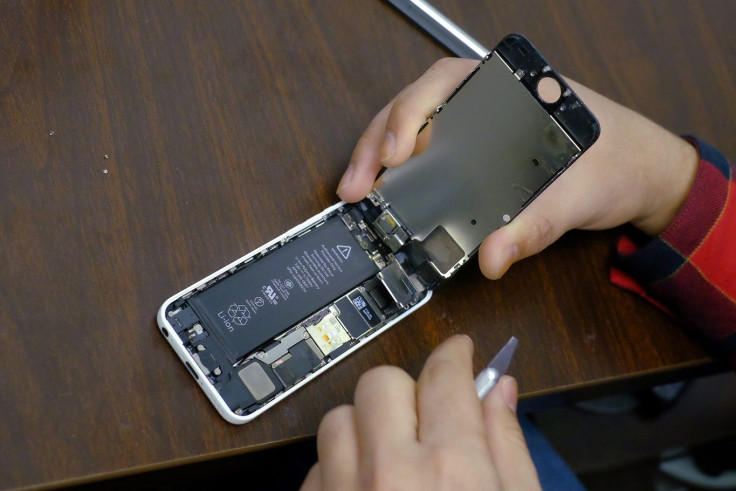FBI cracks iPhone security without Apple’s help

The FBI doesn’t need Apple’s help in cracking the San Bernardino gunman’s iPhone anymore. The US Federal Bureau of Investigation has finally hacked into Syed Farook’s iPhone, and as a result, it is rescinding its demand for Apple to crack its iPhone encryption.
The US government and the tech giant had been at each other’s throat over the issue, with the FBI insisting that Apple crack the encryption to help them with the case, and Apple refusing to do so.
On Monday, however, the FBI has revealed it has successfully found a way to sidestep Apple’s security measures with the help of an unnamed third party, and therefore it “no longer requires the assistance from Apple.”
“The government has now successfully accessed the data stored on Farook’s iPhone and therefore no longer requires the assistance from Apple Inc. as mandated by Court’s Order Compelling Apple Inc. to Assist Agents in Search dated February 16, 2016,” the court document submitted by the US States Attorney reads.
The revelation that the government has unlocked the iPhone without Apple’s help has now raised questions on Apple’s so-called ironclad security features. Apple is expected to act rapidly and fix the issue to protect its reputation. The unnamed third party is also questioned, with reports of an Israeli company allegedly helping the FBI crack the phone’s security code.
Last week, it was claimed that Cellebrite, an Israeli-based company, was asked by the FBI to unlock Farook’s locked iPhone. Ynet News cited experts familiar with the case, pointing to Cellebrite as the third party service used by the FBI. The company has not responded to the report.
San Bernardino attack
Farook and his wife Tashfeen Malik killed 14 people and injured 22 in San Bernardino, California on Dec. 2, 2015. They opened fire on the people attending an event for the San Bernardino County Department of Public Health, where Farook worked as a health inspector. The couple were later fatally shot by the police.
Farook’s iPhone 5C was recovered by the authorities, who believed that the phone contains information about the mass shooting. The FBI has then asked Apple to unlock the iPhone, which ran on iOS9, but the iPhone-maker refused.
National security v digital privacy
The government wanted Apple to give them custom software to bypass its security features in the interest of national security. Apple CEO Tim Cook, however, refused, citing digital privacy. Cook claimed that creating a backdoor into their products is potentially dangerous if it falls into the wrong hands.





















